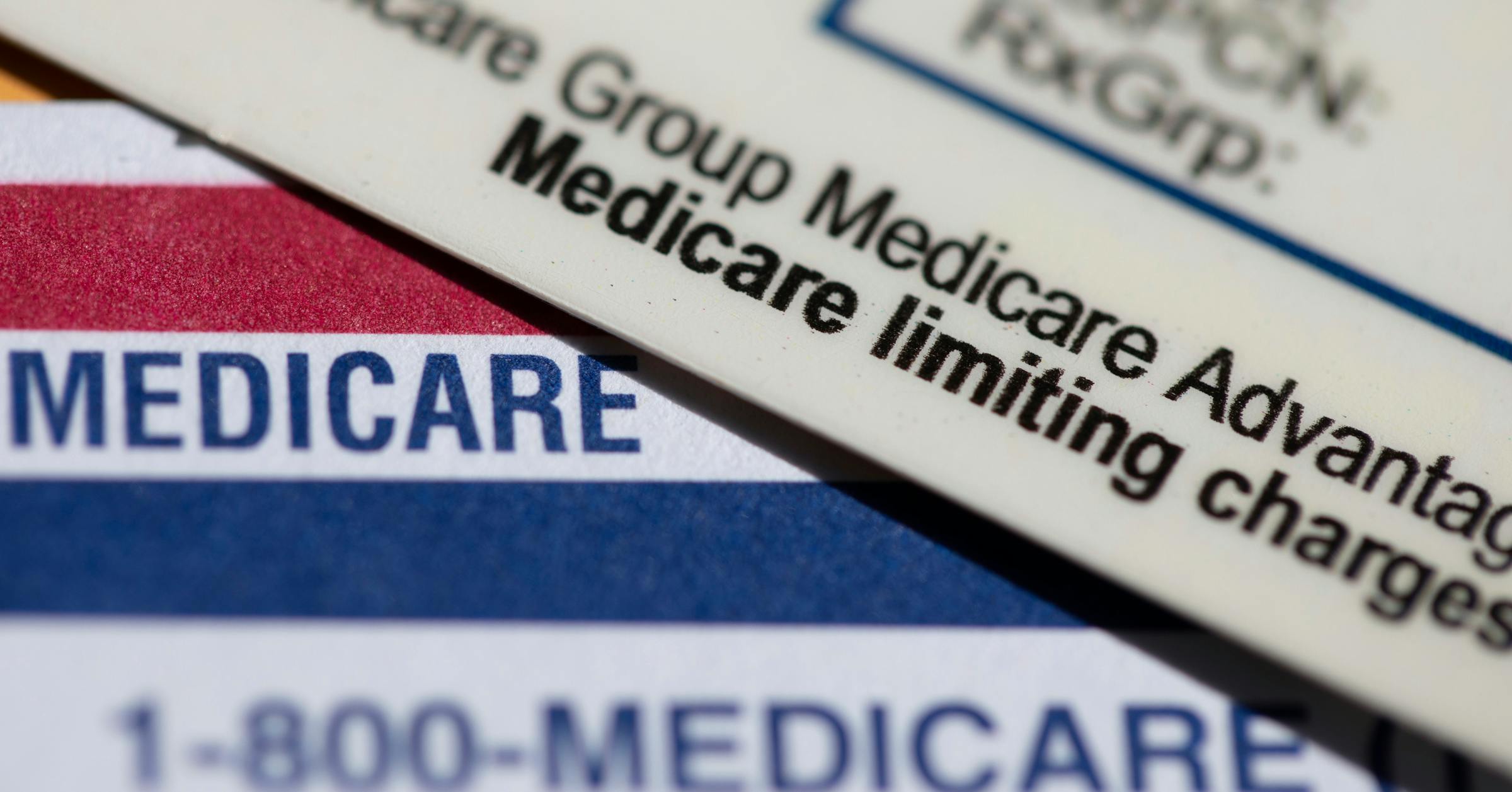Minnesota Medicare Advantage Plans See Rising Premiums and Market Exits in 2026
In 2026, Minnesota Medicare Advantage plans face average premium hikes of nearly 18% amid provider exits and market disruptions, challenging seniors' coverage options and enrollment decisions.


